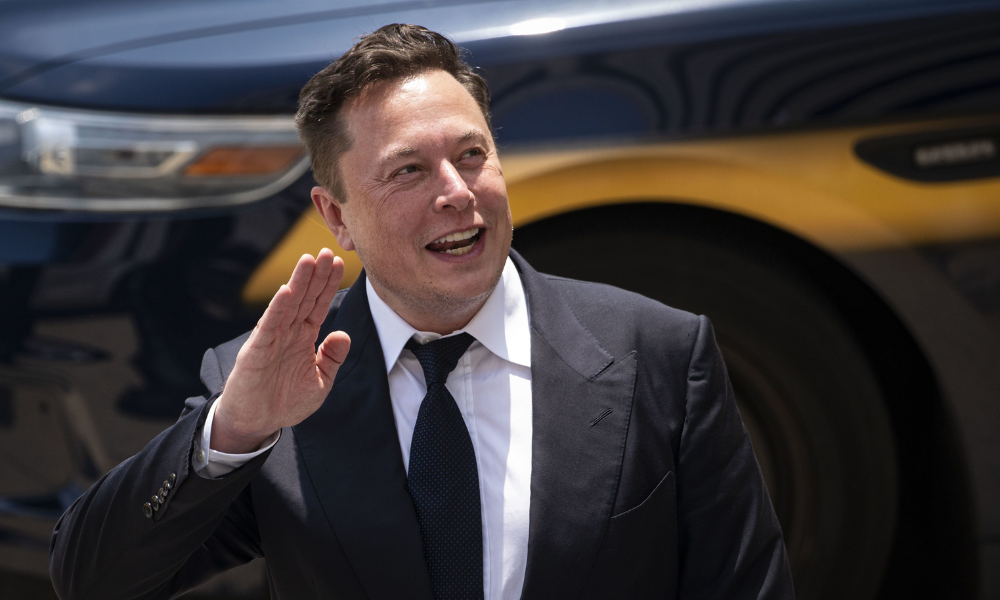
The pay package was described as 'wholly unnecessary'

Trial awaits Elon Musk after a shareholder filed a lawsuit against Tesla and the world's richest man for his 2018 pay package, which multiple sources said was over $2 billion. Reports have conflicting figures over how much Musk received, with the CNBC saying he received $2.5 billion at the time it was granted, while The New York Times put it at $2.3 billion.
Still, shareholder Richard Tornetta claimed in his 2018 lawsuit that Musk's pay package was excessive, with the company's board of directors committing a breach of its fiduciary duty, CNBC reported.
Musk's legal camp has already sought a summary judgment from the court and asked to have it dismissed. However, court chancellor Kathleen St. J. McCormick in a letter in late February said she is sceptical that the litigation can be resolved based on "undisputed facts."
"So, I am cancelling oral argument on the summary judgment motions," she said as quoted by CNBC. "This case is going to trial."
The case stems from Tesla's 10-year performance award for Musk, which seeks to give him incentives for leading the company on a long-term basis and to help the company reach its goals.
"Elon will receive no guaranteed compensation of any kind — no salary, no cash bonuses, and no equity that vests by the passage of time. Instead, Elon's only compensation will be a 100% at-risk performance award, which ensures that he will be compensated only if Tesla and all of our stockholders do extraordinarily well," said the company in a proxy statement.
The award consists of stock option, which will only be granted to Musk if Tesla achieves specific milestones.
Read more: Elon Musk, SpaceX lead workers' COVID-19 antibody study
"In crafting this award, we were mindful of Elon's existing stock ownership levels and the strong belief that the best outcome for our stockholders is for Elon to continue leading the company over the long-term. We created the award after more than six months of careful analysis with a leading independent compensation consultant as well as discussions with Elon, who along with Kimbal otherwise recused themselves from the Board process," the company said.
According to the board, by linking Musk's compensation with Tesla's performance, it will ensure that the chief and the team are "totally aligned with stockholder interests going forward."
Musk began receiving the payouts in 2020, after Tesla's shares soared.
However, the said compensation plan was "unfair" and "wholly unnecessary," said Tornetta in the lawsuit cited by Business Insider, adding that it was "beyond the bounds of reasonable judgment and is inexplicable on any grounds other than bad faith."
According to the shareholder, Musk already had a large equity stake in the company. He accused Tesla's compensation committee of being "fatally conflicted," adding that the board was also unable to make independent judgment because its members had personal connections to Musk, reported Business Insider.
CNBC reported that Tornetta wants to invalidate the option grant from the 2018 plan, which gave Musk "tens of billions of dollars-worth of stock."